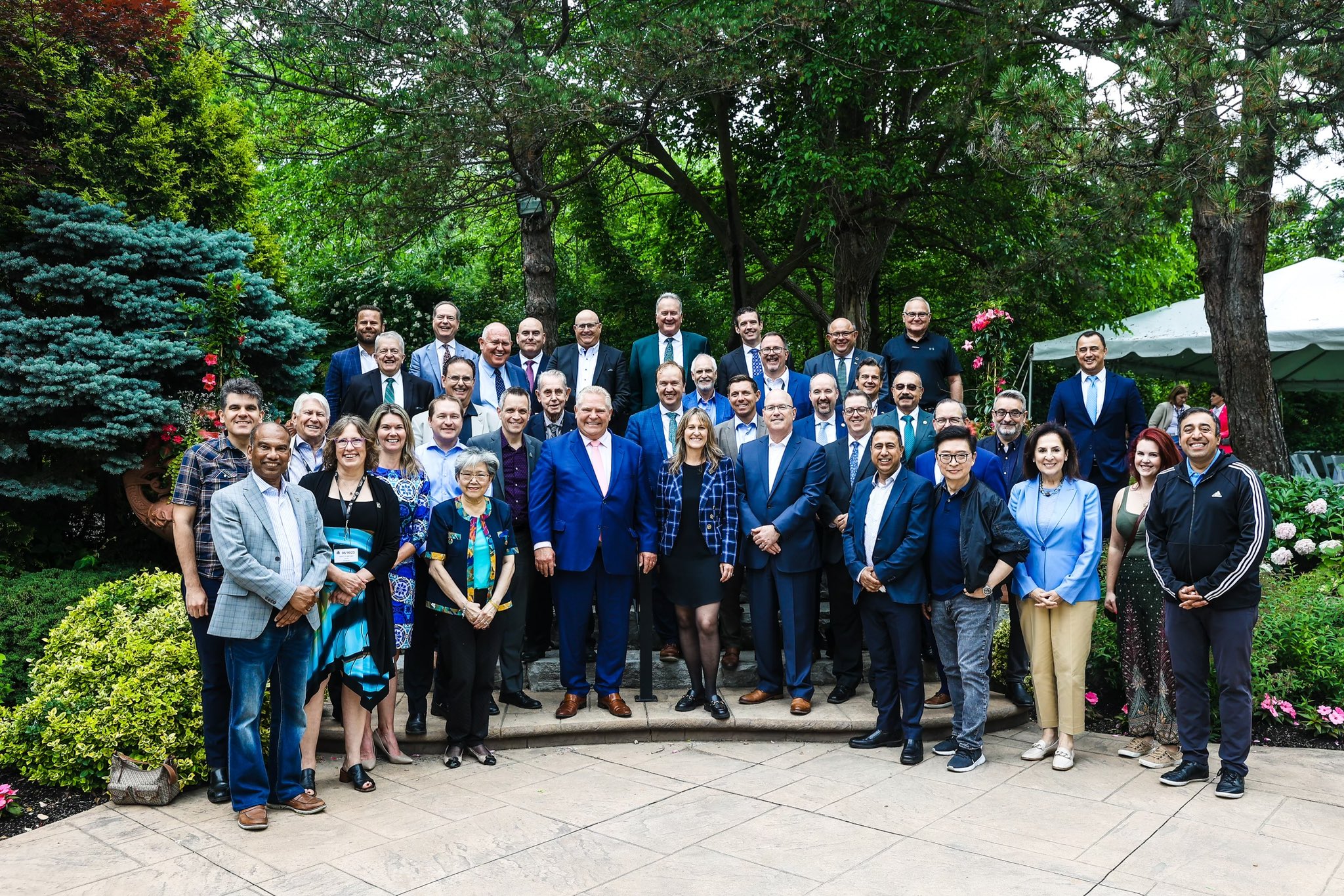
As part of the province’s effort to construct 1.5 million homes by 2031, the Ontario government is giving mayors of 26 large, rapidly expanding municipalities who have pledged to a housing pledge stronger powers.
During today’s meeting of Ontario Big City Mayors, Minister of Municipal Affairs and Housing Steve Clark made the announcement. Strong mayor powers for Toronto and Ottawa went into effect in the fall of 2022. On July 1, 2023, they will be extended to mayors of the 26 additional municipalities.
Minister Clark stated, “Municipalities are critical partners for our government as we assist communities in getting shovels in the ground faster and working to build more homes.” These 26 municipalities have shown that they understand the significance of that goal by adopting ambitious and absolutely necessary housing pledges, and we are making sure that they have the tools they need to succeed. In order to achieve our target of 1.5 million homes by 2031, we welcome housing commitments from other municipalities.
Strong mayor powers give council members the tools they need to speed up the implementation of key shared priorities between their municipalities and provinces, like housing, transportation, and infrastructure. Local leaders will be held to higher standards of accountability as a result of these expanded powers, while councillors will continue to play an important oversight role thanks to checks and balances. A two-thirds majority vote, for instance, could allow council to override the mayor’s veto of amendments to the budget or bylaws.
Strong mayor powers and responsibilities include:
- Choosing to appoint the municipality’s chief administrative officer
- Hiring certain municipal department heads, and establishing and re-organizing departments
- Creating committees of council, assigning their functions and appointing the chairs and vice-chairs of committees of council
- Proposing the municipal budget, which would be subject to council amendments and a separate head of council veto and council override process
- Vetoing certain by-laws if the head of council is of the opinion that all or part of the by-law could potentially interfere with a provincial priority
- Bringing forward matters for council consideration if the head of council is of the opinion that considering the matter could potentially advance a provincial priority
Marianne Meed Ward, Chair of OBCM and Mayor of Burlington, stated, “Ontario’s Big City Mayors back the province’s goal of building 1.5 million homes by 2031, and all of our members have accepted their housing pledge in support of that target.” Strong mayor powers are one such tool that can assist mayors and municipalities in meeting their housing targets. Different communities require different tools and approaches to address local housing needs. We pledge to continue collaborating with the province to construct the homes our residents require.
“The present declaration by the commonplace government giving solid chairman powers to Ontario’s biggest and quickest developing urban communities comes when city hall leaders need each apparatus to propel work on lodging vows and address new difficulties,” said Cam Guthrie, Chairman of Guelph and past seat of OBCM. ” Our citizens expect results, and tools like this can assist us in achieving them, despite the fact that strong mayor powers may not always be necessary to achieve our collective housing goals.
These measures will assist municipalities in meeting their obligations and funding the construction of new homes for their residents.
